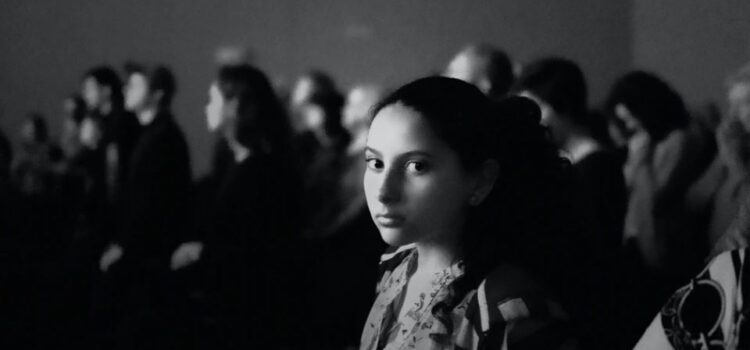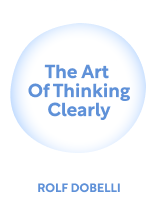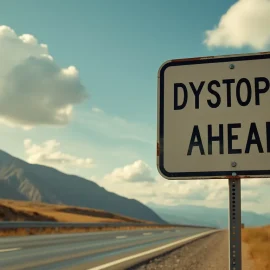

This article is an excerpt from the Shortform book guide to "The Art of Thinking Clearly" by Rolf Dobelli. Shortform has the world's best summaries and analyses of books you should be reading.
Like this article? Sign up for a free trial here .
What is social proof? Is it always a good idea to follow the crowd?
Social proof is a psychosocial phenomenon whereby people copy others’ behavior before participating in that behavior themselves. This tendency had survival value in the past: If everyone ran away, you ran too because there was probably a predator nearby. However, in modern times, most of our decisions are not life-or-death decisions, and following the crowd can often lead you astray.
Here’s why, in modern times, social proof can often do more harm than good.
The Psychology Behind Social Proof
What is social proof? Social proof is an example of group instinct: To fit in, you copy other people’s behavior and judge that behavior according to the number of people participating in it. The more people participating, the “better” you judge the action. This effect influences you at all times.
(Shortform note: While Dobelli describes social proof as constantly influencing you, others argue that it only works when you’re uncertain: If you know what to do, you don’t need other people’s guidance.)
This tendency was helpful in the past as it aided survival: If everyone else was building shelters and looking for firewood, you knew bad weather was coming and could prepare.
In modern times, though, your decisions don’t always fall into the dichotomy of “follow the group and live” or “leave the group and die,” Dobelli adds. Modern humans have more physical security, so decisions revolve around more nuanced issues like being happy. In these instances, following the group can lead you astray. For example, if everyone else pursues an office career, your brain assumes it’s safer and wants to do the same, no matter how miserable such a job might make you.
(Shortform note: As Dobelli notes, most people aren’t faced with the live-or-die dichotomy today, yet social proof and its negative consequences persist. Why? In the absence of external threats, your brain sees rejection as a danger. This fear of rejection leads you to people-please, hide your personality, and try to fit in by following the group.)
Social Proof: Collectivist vs. Individualistic Cultures
The culture you come from—collectivist or individualistic —possibly influences how susceptible you are to social proof. Collectivist cultures focus on group membership: You’re defined by your group and your desires come second to the group’s. Individualistic cultures, on the other hand, focus on the individual: You’re defined by personal autonomy and focus on your own goals.
In one study, individuals from collectivist cultures were more susceptible to social proof, while those from individualistic cultures acted more in line with their past decisions. However, more research showed that susceptibility to social proof depended more on having a personal collectivist or individualistic mindset than on a person’s overarching culture. While the culture you’re raised in affects your mindset and susceptibility to social proof, it can’t completely predict it.

———End of Preview———
Like what you just read? Read the rest of the world's best book summary and analysis of Rolf Dobelli's "The Art of Thinking Clearly" at Shortform .
Here's what you'll find in our full The Art of Thinking Clearly summary :
- A detailed look at the most common logical fallacies that inhibit decision-making
- How to recognize and overcome these fallacies to make better decisions
- Why you value things for arbitrary reasons






